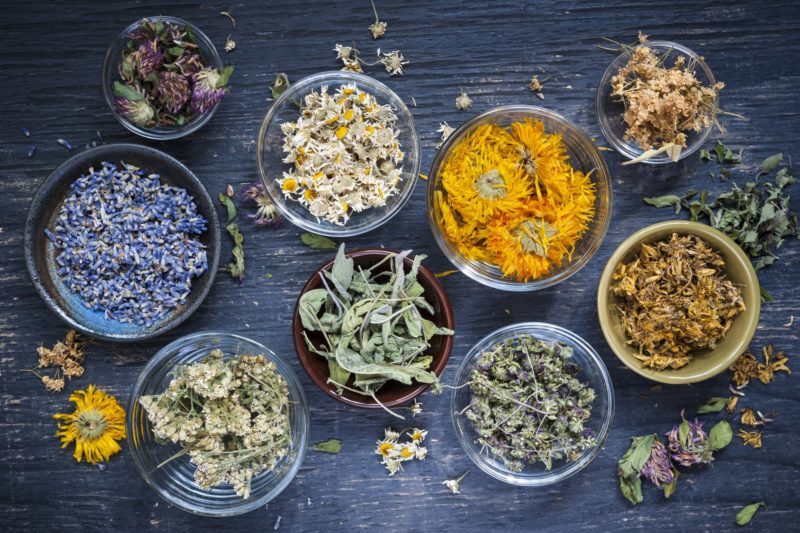-
- Hemp-CBD: AHPA President Michael McGuffin said for those companies that want to market hemp-based cannabidiol (CBD) as a dietary supplement, the expectation is that there is to be compliance with all of the regulations as if it were any other botanical, including FDA food facility registration, cGMP compliance (21 CRF 111 and 117); meeting all labeling regulations (making no drug claims); maintaining the obligation to serious adverse events reports (SAER) record-keeping and submissions; and adherence to NDI provision of DSHEA.
- Tariffs/Trade War: “We are in a trade fight, no matter how any politician tries to spin it, with China on tariffs,” said Anna Ashton, Director, Business Advisory Services, U.S.-China Business Council. And a poll of members of the Council revealed that more companies are feeling the effects: Ashton reported that in 2019, 81% of respondents said business with China has been affected by U.S.-China trade tensions—that’s up from 73% in 2018. Regarding the future, she noted that tariffs will remain a threat for the foreseeable future. Deal or no deal, she said, uncertainty will continue—and companies should plan for it.
- Sustainability: The topic of sustainability came up in several of the day’s sessions. Experts from companies leading the way (including Aveda, Traditional Medicinals, Herb Pharm and WishGarden Herbs) discussed their practices. Erin Smith, Director of Education and Sustainability at WishGarden Herbs, offered a take home for those looking to do more: Start with one thing—perhaps recycling a bit more in your office—then figure out how you can do a little more. “We all wish we could do it all right away, now, because there is so much to do,” she said. But if we do what we can, collaborate and work together with others in the industry, we will make a difference. In a session titled “Traditional Medicine and Contemporary Herbal Traditions,” Shaheen Majeed, Sabinsa’s President Worldwide, said, “We are finding many herbs and plants are going extinct, and this is pretty scary. The government is aware, and they may be trying, but honestly it’s private companies that are paving the way for preservation and conservation. It’s not just Sabinsa that’s making efforts, but there need to be more companies doing this as well...it’s critical to ensure that plants and herbs are available to generations to come." As Steven French. Managing Partner of Natural Marketing Institute (NMI) made clear, consumers interest is high. Most herbal supplement users are more likely to buy a supplement it if uses sustainable or eco-friendly ingredients, and many will pay more for sustainable supplements. AHPA's McGuffin summed it up: “Progress is what we’re all looking to accomplish, and from what we’ve heard, consumers reward that.” (The January issue of WholeFoods will include in-depth coverage of sustainability).










